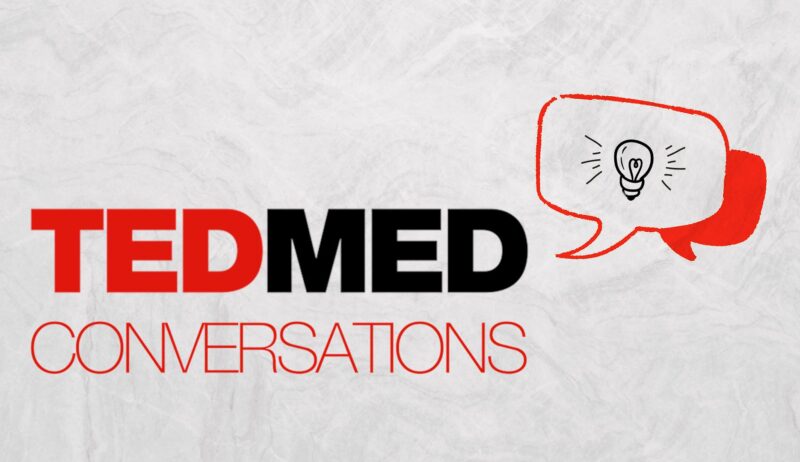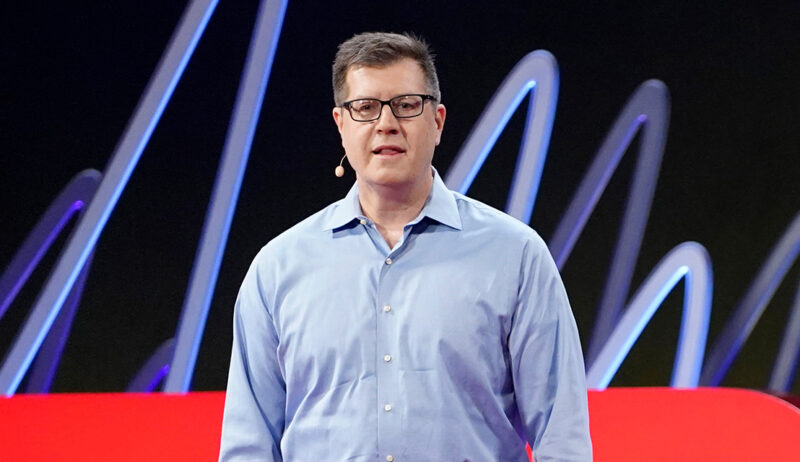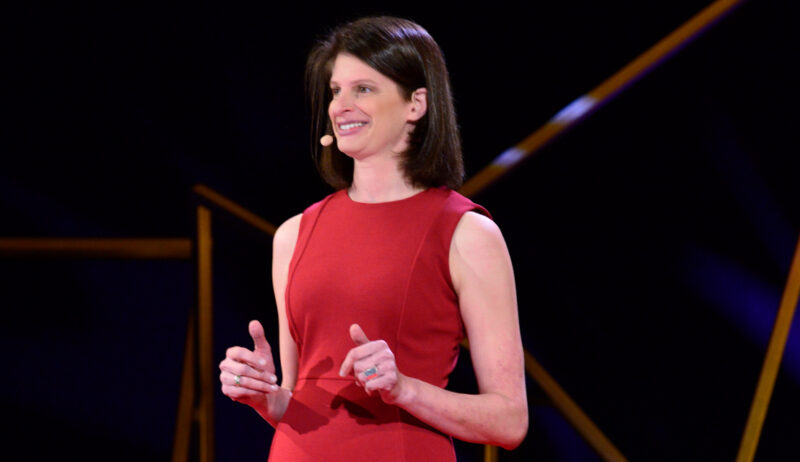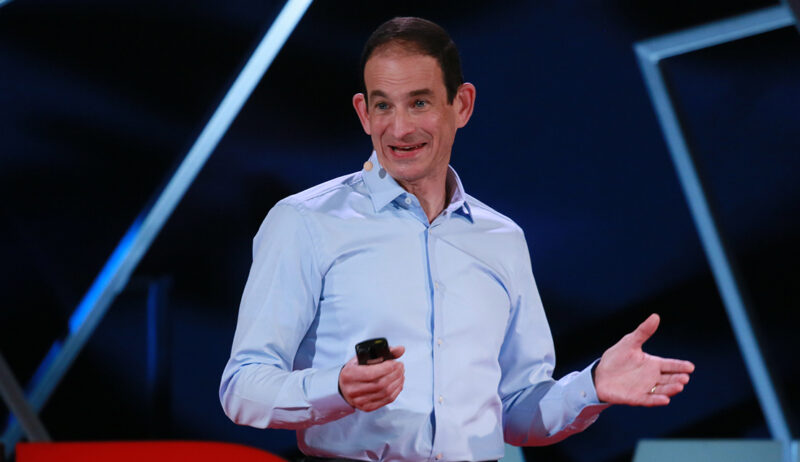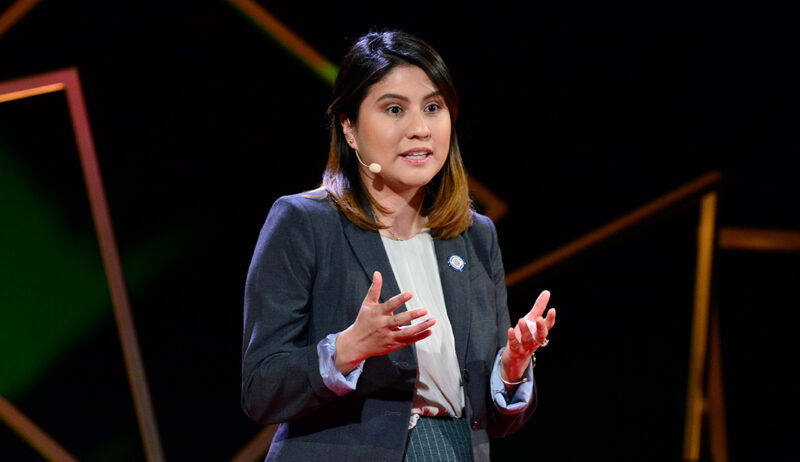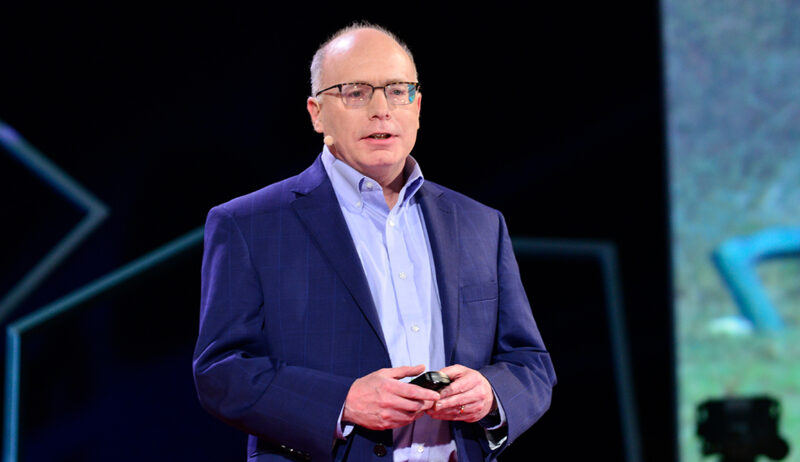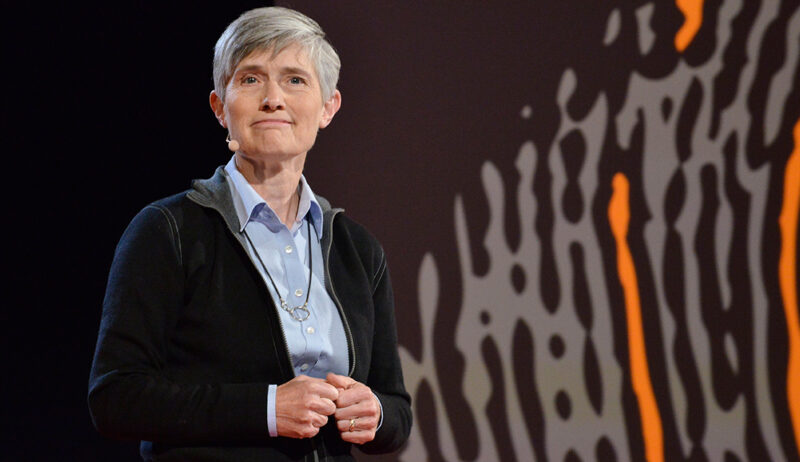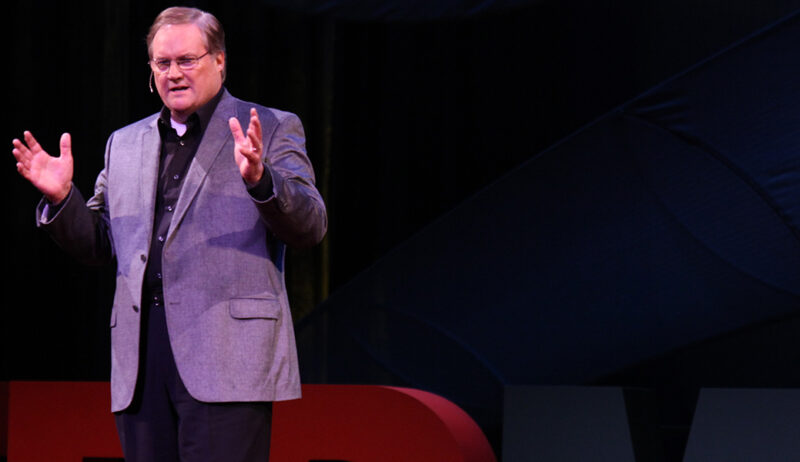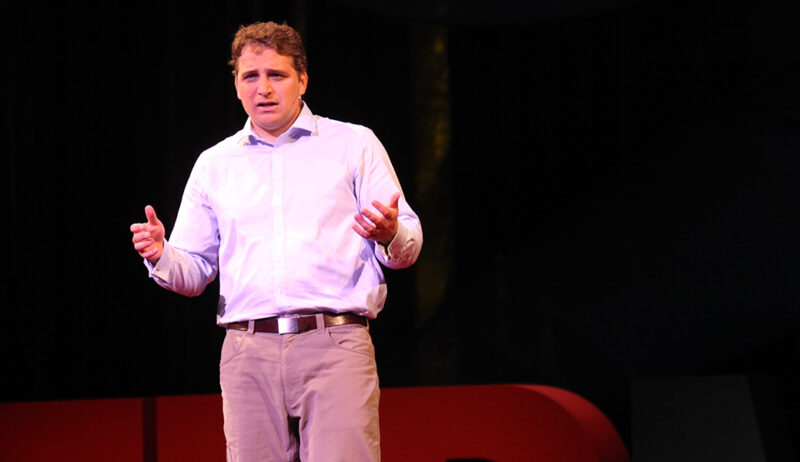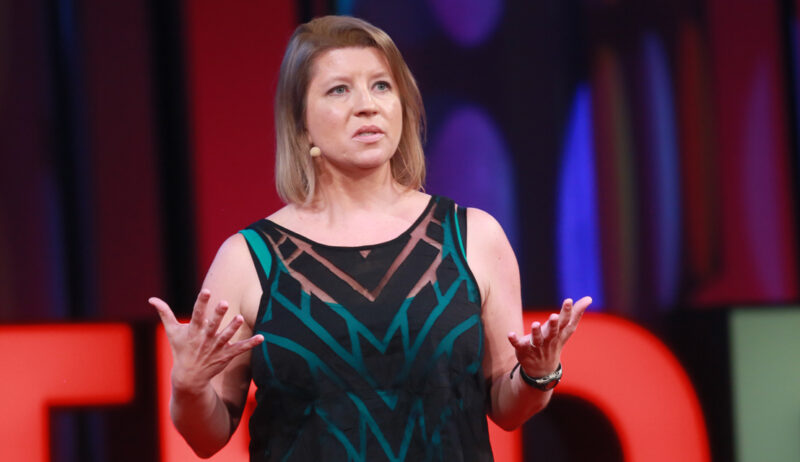About this talk
Sometimes, morality is clear-cut. For instance, most people would agree that theft is wrong. However, there are also plenty of gray areas when it comes to morality. The actions of whistleblowers, or individuals who report unethical behavior to outside authorities, often fall into this morally ambiguous area. Depending on how you feel about the person or institution against which the whistleblower is speaking out, you might decide that the whistleblower is either a courageous hero or a depraved traitor.
Adam Waytz is digging deeper into the act of whistleblowing to understand why some people risk everything to speak out against wrongdoings. Check out Adam’s 2018 TEDMED Talk to learn more about the psychology of whistleblowing and to get his take on some of the social trends that are pushing whistleblowers to come forward more than ever before.
About Adam Waytz
See more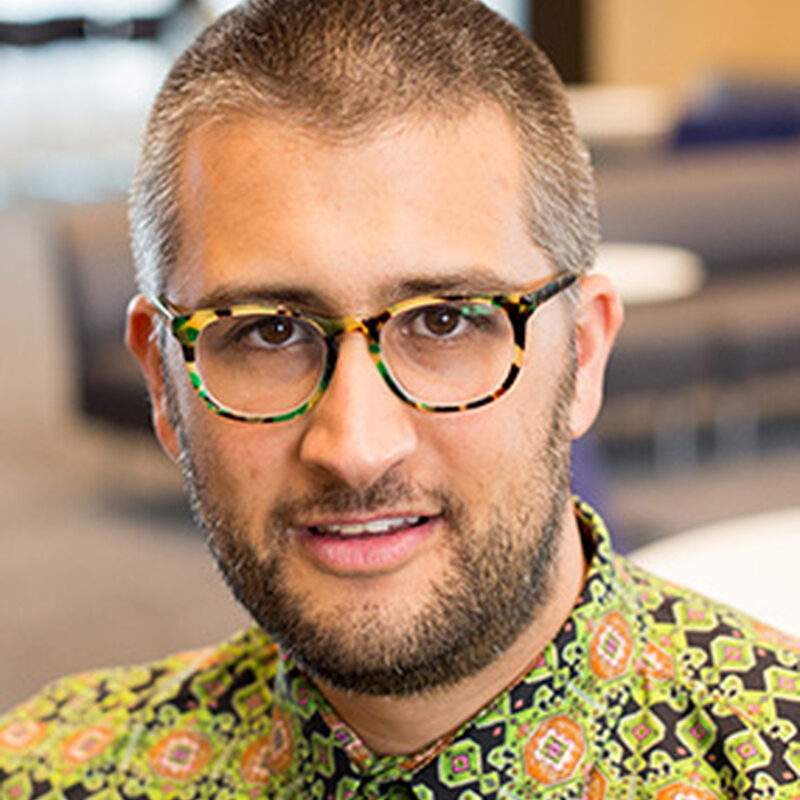
About Adam
Adam Waytz is a leading psychologist and professor at Northwestern University’s Kellogg School of Management. He holds the Morris and Alice Kaplan Chair in Ethics and Decision Management. His research explores the understanding and often misunderstanding of the thoughts and feelings of others. This work is important for understanding everything, from political conflicts to how we interact with new technologies. A key part of his studies focuses on how people see “minds” in different things, including other people, animals, and even robots or self-driving cars. He also explores how we make ethical decisions, particularly when facing difficult situations. In his classes at Kellogg, Adam teaches students how to solve ethical problems and how to be leaders who guide others through shared values, rather than simply using power. He has won numerous awards for his work, including being the first person to receive the Theoretical Innovation Prize from the Society for Personality and Social Psychology twice. His writings have been published in many top academic journals and popular media outlets.
